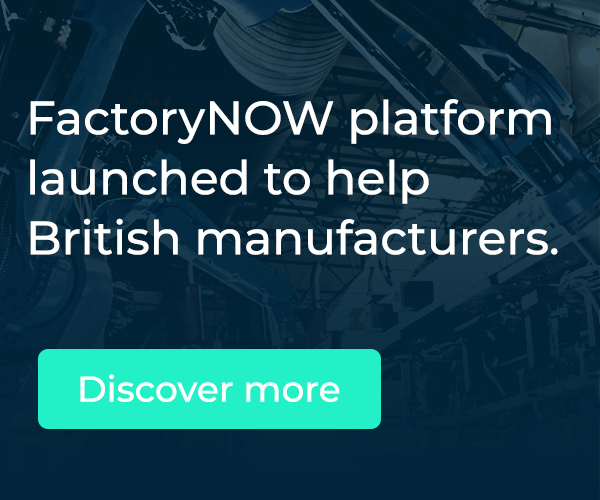Microsoft’s Industrial Metaverse – Kawasaki Case Study
3 Minute Read
The recent Digital Manufacturing event in Liverpool, hosted by The Manufacturer, showcased a raft of automation, sustainability and digital transformation products and initiatives to thousands of attendees and fellow exhibitors.
Judging by the feedback and social media activity, one of the undoubted highlights for many was Microsoft’s vision for the Industrial Metaverse.
The Metaverse can best be defined as a virtual world or universe free of any actual boundaries. You can step into it with Virtual Reality (VR) or you can bring it into the physical world with Augmented Reality (AR) or Mixed Reality (MR). The internet enables people to create websites but the metaverse allows them to create worlds.
The Industrial Metaverse is all about taking these new and emerging technologies such as AI, Mixed Reality and IoT and embedding them within industrial scenarios to transform business processes. And what’s most exciting, is that this new emerging platform layer is already disrupting how manufacturers design, build and operate their products and infrastructure.
On this topic, Alex Karim, Metaverse Lead at Microsoft UK, gave a presentation to a packed crowd at the Digital Manufacturing event’s IIoT & Connectivity theatre where it was enthusiastically received. A particular highlight was the case study featuring Kawasaki Heavy Industries.
Kawasaki recently announced details of a new project, utilising Microsoft’s Industrial Metaverse technology to implement a real time, virtual approach to robot care and maintenance.
By leveraging Microsoft’s technology and the opportunities presented by the Industrial Metaverse, Kawasaki aims to build a new digital environment called the Kawasaki Digital Platform for its robotics business, which can be used collaboratively by customers and partners alike.
The technology supports Kawasaki’s efforts to enable collaborative work in the Metaverse and remote robot operation by utilising digital twins replicated in the Azure cloud, visualised and supported by Microsoft’s HoloLens 2 Mixed Reality headset.
No sessions at Digital Manufacturing Week are available on demand, but I found these two great sessions from Microsoft’s recent Ignite conference that are really useful:
- The Industrial Metaverse (microsoft.com)
- UK Keynote: Redefining Innovation (microsoft.com) (From 6min 45)
The original HoloLens, first launched in 2016, let the wearer experience Mixed Reality, which overlays digital imagery in a real-world environment. For the Industrial Metaverse, multi device support is key and so the improved second-generation headset HoloLens 2 is just one element of Microsoft’s wider cohesive vision. In truth, the devices are important but it’s the convergence of data, cloud and AI capabilities that are key to delivering manufacturing excellence with the Industrial Metaverse.
I for one am very excited about the opportunities this new emerging platform layer will have and look forward to seeing the impact it will have on the manufacturing industry in the UK and globally!
Author: Stuart Whitehead. Produced in partnership with Microsoft UK. Special thanks to Lina A. Heurtas and Alexander Karim.
Press Kit
Contact







